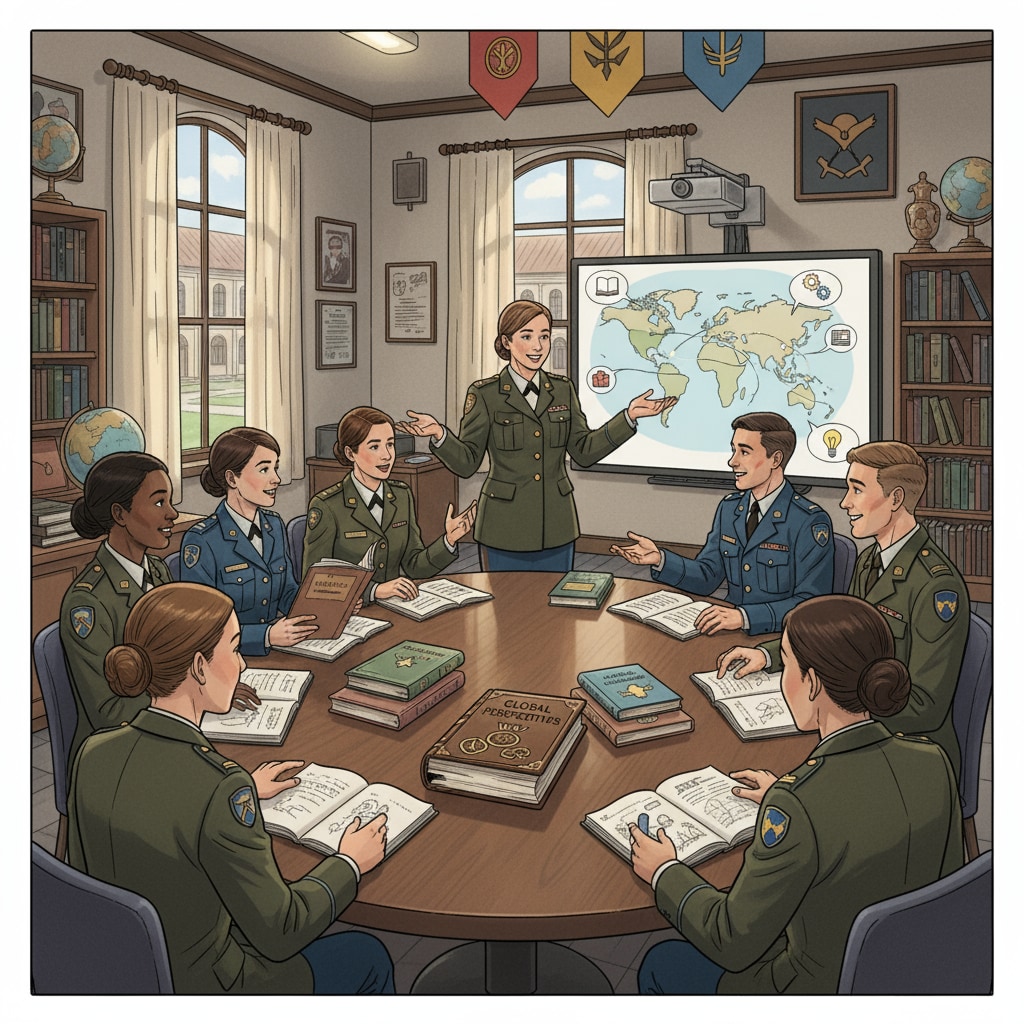The issue of LGBTQ+ books, First Amendment, and Department of Defense education has recently sparked a significant judicial development. A battle over educational content freedom has emerged within the Department of Defense education system, with federal judges playing a crucial role in protecting the reading rights of military children. This ruling not only reaffirms the importance of ideological diversity in educational settings but also sets important legal boundaries for content censorship in K12 education.

The Significance of Reading Rights in Military Schools
For military families, education is a vital aspect of their children’s lives. Military schools are expected to provide a well-rounded education that prepares students for various aspects of life. Reading materials play a crucial role in this process. LGBTQ+ books can offer diverse perspectives and experiences that are essential for students to develop a more inclusive and understanding worldview. For example, these books can help students understand the lives and struggles of their peers from the LGBTQ+ community, fostering empathy and acceptance. The First Amendment on Wikipedia guarantees the freedom of speech and the press, which is closely related to the availability of diverse reading materials in educational institutions.
Setting Legal Boundaries for Content Censorship
The federal judges’ decision sets important legal boundaries for content censorship in K12 education. It sends a clear message that educational institutions cannot simply censor materials based on certain ideological or social biases. In the context of military schools, this ruling ensures that students have access to a wide range of information. By doing so, it promotes a healthy educational environment where students can engage in critical thinking and learn from different viewpoints. As a result, students are better equipped to face the challenges of a diverse society. The First Amendment on Britannica serves as the foundation for protecting these educational freedoms.

In conclusion, the federal judges’ decision to uphold the use of LGBTQ+ educational materials in military schools is a significant step forward in promoting educational freedom. It respects the rights of military children to access diverse reading materials and fosters an inclusive educational environment. This ruling is not only important for the students in military schools but also sets a precedent for the broader K12 education landscape, emphasizing the importance of the First Amendment in protecting educational content freedom.
Readability guidance: Short paragraphs and lists are used to summarize key points. Each H2 section provides a clear set of ideas. The proportion of passive voice and long sentences is controlled, and transition words are added throughout the text to enhance readability.


